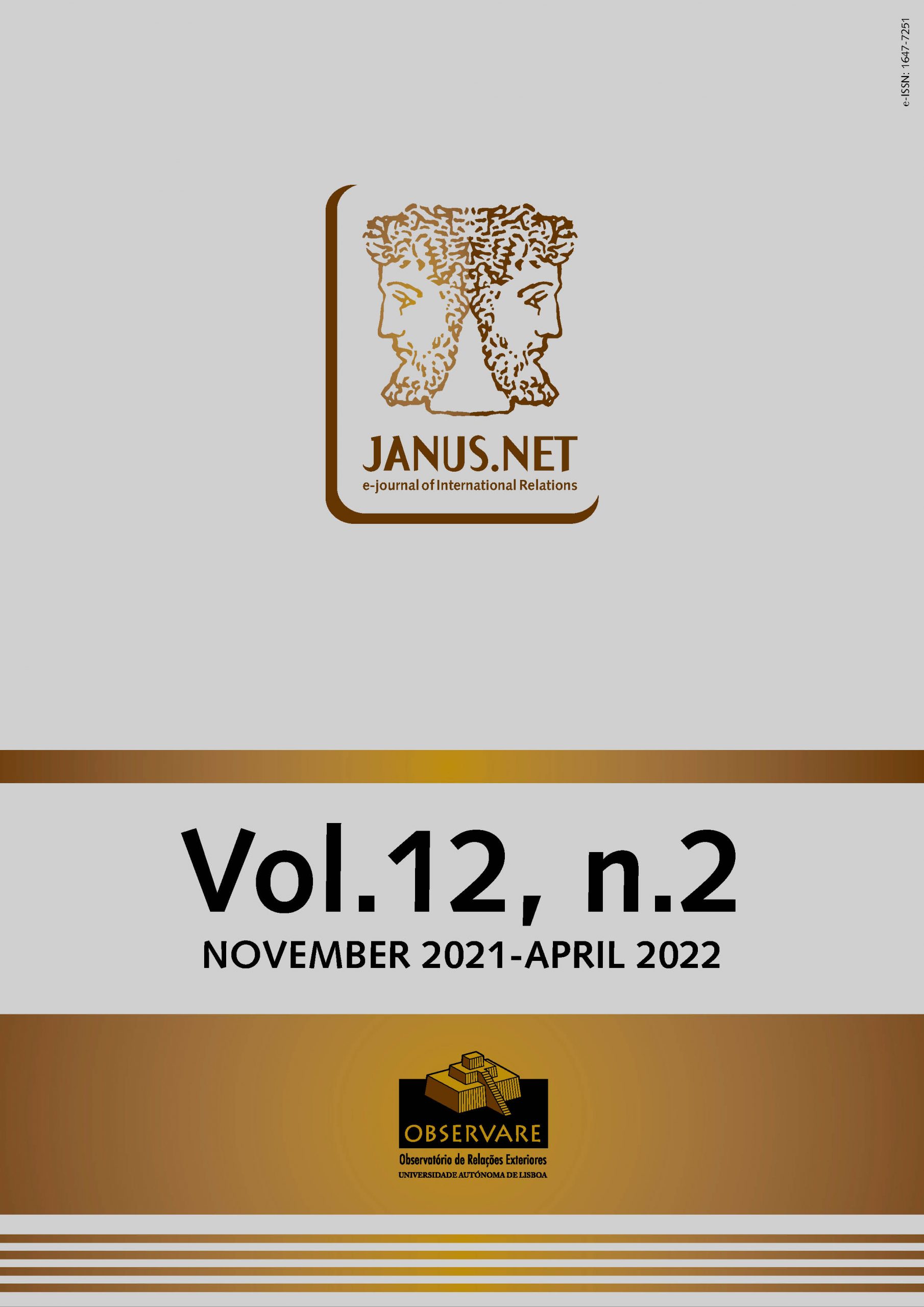Changes in the distribution of world power suggest that insular countries such as Cabo Verde should diversify international cooperation and thus ensure long-term benefits. This premise, combined with principles of solidarity, mutual respect, transparency and responsibility has enabled the signing of various agreements between Cabo Verde and the United States of America in the areas of security and defence, development aid policy, democracy and human rights. This article critically discusses the main gains achieved in the relationship between the United States of America and Cabo Verde, an former Portuguese colony until July 1975 and, after that date, an independent state, with the purpose of providing an analytical framework to respond to the current challenges. To do this, an exploratory qualitative study was carried out based on bibliographical and documentary analysis. The article concludes that Cabo Verde and the United States of America have been following the evolution of the international community, taking into account the importance in the region where the archipelago is inserted, sharing synergies and exchanging experiences in matters of development, defence and security.
CABO VERDE AND THE UNITED STATES OF AMERICA: A BICENTENNIAL RELATIONSHIP
joao.madeira@docente.unicv.edu.cv
Assistant Professor at the University of Cabo Verde (Uni-CV, Cabo Verde) and Coordinator of the International Relations and Diplomacy course. Researcher at the Centre for Public Administration and Public Policies (CAPP-ISCSP-UL). PhD in Social Sciences from the University of Lisbon (ISCSP-UL), having completed in 2018 a mobility post-doctoral programme by the Calouste Gulbenkian Foundation at FCT NOVA as a member of the Network of Environmental Studies of the Portuguese Speaking Countries (REALP).
Resumo
Palavras-chave
Como citar este artigo
Madeira, João Paulo. Cabo Verde and the United States of America: a bicentennial relationship. Janus.net, e-journal of international relations. Vol12, Nº. 2, November 2021- April 2022.Consulted [online] on the date of the last visit, https://doi.org/10.26619/1647-7251.12.2.7
Article received on 4 May, 2021 and accepted for publication on 8 September, 2021















